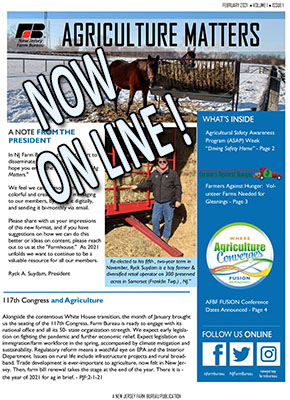Lorraine Merrill, New Hampshire commissioner of agriculture, food and markets, expresses her view on GMO labeling in this OpEd piece in the Concord Monitor.
We hear a lot of comments and concerns from people on both sides of the debate about GMO labeling and House Bill 660, a bill that would require labeling of genetically engineered foods and agricultural commodities. And we get a lot of questions about the state Department of Agriculture’s position on the bill.
Advocates assert the public right to know what is in their food. It’s hard to argue with that sentiment. But what useful or verifiable information would the proposed labeling requirement provide? “Produced with Genetic Engineering” or “Partially Produced with Genetic Engineering” labels would merely convey the information that the food contains or may contain some ingredient from a crop that was derived through biotechnology. By whatever preferred name – biotechnology, genetic engineering, genetically modified – this describes a broad category of plant-breeding techniques. Each engineered plant variety is different – the label only identifies the use of GE, not the genetic traits or characteristics of the crop.
Click here to read the rest.




